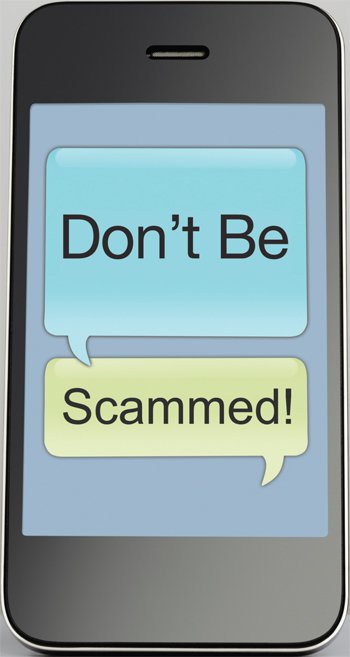-
Scams and schemes are the tricks used to steal your hard-earned money and personal information. Below are just a few examples of scams that have been reported:
-
The “service disconnection” scam
This scheme begins with an urgent phone call by someone pretending to be an electric cooperative employee. The caller warns the consumer that electric service to their home or business will be disconnected unless immediate payment is made. The scammer then directs the consumer to purchase a pre-paid debit card (available at many convenience stores and pharmacies) and to call a toll-free number to deliver the unique account numbers listed on the card. Armed with this information, the scammer has effectively stolen the money used to obtain the card. -
The “government wants to help pay your electric bill” scam
In this ploy, the consumer is told about a “new government program” that will pay a portion of their monthly power bill. The scammer convinces the consumer that they will qualify for the “program” if they divulge information such as a bank routing or social security number.
Your co-op will not call you and ask for personal information.
Never reveal to a caller your bank account numbers, credit card numbers or your Social Security number.
Do not reply to telephone messages asking for personal or private information.
If you get a message that causes you to be concerned about the status of your electric bill, call your co-op and speak directly to a member services representative.
When in doubt, hang-up and call local law enforcement.
Many scam artists are aggressive in their tactics. If you receive a phone call from someone pushing you to divulge personal information, hang-up. Then contact your local authorities with as much information about the call as you are able to provide.
To contact your local electric cooperative, click here.

